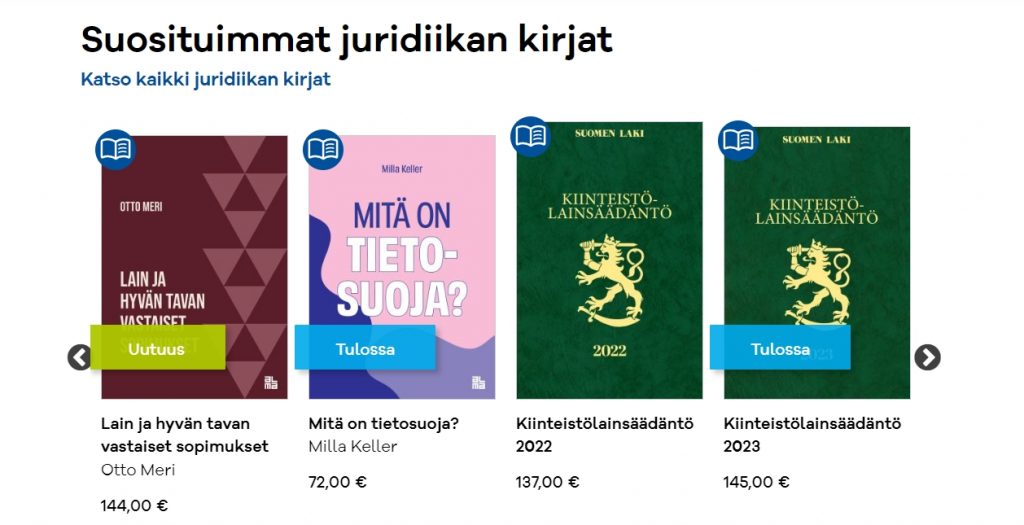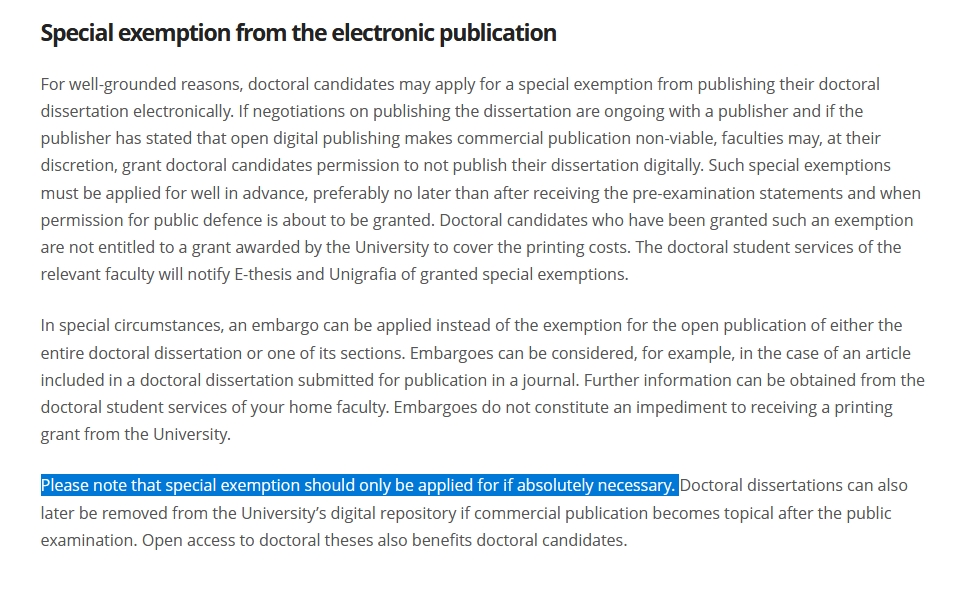Not all politicians are the same. True. However, as someone who comes from the corrupt Balkan, I have my reservations. A simple test of politicians’ credibility is to look whether they just preach, or they act according to what they preach, whether they demand something from others while they try to avoid doing the same.
I don’t like writing about politics and politicians. This time I am making an exception as this ‘case’ relates to higher education, open access, and the reputation of my university. The case is about a politician who wants students to pay tuition fees for their basic (!) studies, and at the same time wants to make (whatever small) money on something that should be freely available online. This politician, as many of us, has received enormous support from the University for his postgraduate (!) studies, and yet he wants to make money by selling his doctoral thesis as a book although the thesis should be freely available online.

The Open Access principles of University of Helsinki clearly state that “Also Master´s and licentiate´s dissertations as well as Doctoral dissertations should be published openly.”

And yet, Meri sells his doctoral thesis for 144€. And it seems to be going quite well for him as the thesis is among the most popular law books of his publisher.

This is actually nothing unusual for monographs published by the Faculty of Law.”For well-grounded reasons, doctoral candidates may apply for a special exemption from publishing their doctoral dissertation electronically. “… “Please note that special exemption should only be applied for if absolutely necessary.” I don’t know what was a “well-grounded reason” in this case and why it “was absolutely necessary” not to publish the thesis open access.
A few years ago, one of professors from the same faculty wrote me that because of funding situation and limited number of permanent positions “In my field, we can no longer compete for the most talented young people.” Knowing that PhD students have really low income, much smaller than a lawyer, it is possible that the faculty in this way ‘compensates’ these “talented young people” for the lost income while they were working on their doctoral thesis. I don’t know.

I asked the dean of the faculty about the special exemption in this case. She wrote me (I share this with her permission):
“The Faculty of Law has a tradition of publishing doctoral theses with professional publishers. We believe that it is a good way to publish as this helps people – also legal professionals and other non-academic professionals – to find the research they need.”
Sounds OK, doesn’t it? However, we live in a digital world with Google search, various online databases, including the one maintained by our university.
Meri’s master thesis (“Yksipuolinen koronmuutosehto liike-elämän luottosopimuksissa”), which is freely available online, has been downloaded 1210 times. I’d say that’s quite impressive for a master thesis. Some of other freely available master and doctoral thesis from the same faculty have been downloaded even more. So, if you are interested in a particular topic and know how to use Google search, you will find what you need.

I don’t know how many copies of his book Meri will sell. Ten? Fifty? Hundreds? I also don’t know what Meri will do with the (whatever small) profit acquired by selling of his doctoral thesis. Perhaps it will be shared with the University. Perhaps he plans to donate it to a charity (e.g., supporting poor students).
What I know is this. I find it ethically problematic that a politician who wants students to pay tuition fees for their basic (!) university studies at the same time wants to make money on something that should be freely available online. Denying others free access to basic university education, while he had used university resources (e.g., room?, access to literature, supervision, probably participated in courses) for free to get a PhD title… I am pretty sure it is in the society’s interest to have educated work force and that every graduated bachelor or master student is an asset to Finland’s future. On the other hand, as I have previously argued, a PhD is not a title to brag about or to use just to get a better job. Getting a PhD should be a first step in a long-lasting research career.
Finally, I understand this text might be perceived as a personal attack on Otto Meri. I don’t know him, I really don’t care how much money he makes and in what way. Obviously he has done nothing wrong considering the practice of his faculty. While I indeed hope he will never get any power to introduce tuition fees for Finnish young generations, my aim is to perhaps initiate a discussion about whether some faculties are too liberal regarding special (!) exemptions from the open access publishing.
Btw, here you can find Finnish doctoral thesis from my field. As you will see, the most recent ones are open access.